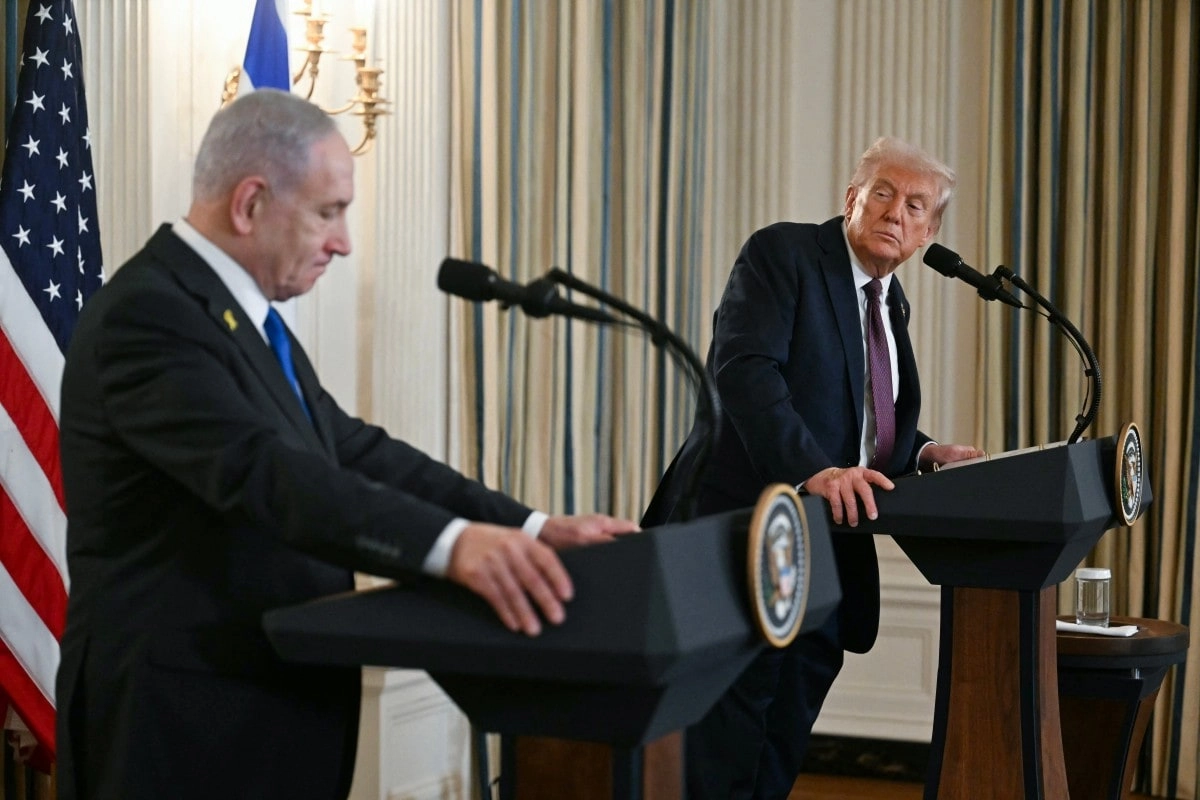In recent developments, Hamas, the Palestinian militant organization governing the Gaza Strip, has faced increasing pressure from various Arab states to consider and accept a peace plan proposed by the Trump administration. This plan, aimed at resolving the longstanding Israeli-Palestinian conflict, has been met with skepticism by many in the Palestinian leadership, including Hamas. However, the geopolitical landscape in the region is shifting, and Arab nations are increasingly advocating for a pragmatic approach to peace that aligns with their national interests and regional stability.
The Trump peace plan, officially known as the “Deal of the Century,” outlines provisions that many Palestinians view as compromising their rights and aspirations for statehood. Despite this, several Arab states, particularly those that have normalized relations with Israel, are urging Hamas to engage in dialogue and seek a resolution that could lead to economic benefits and improved relations with neighboring countries. The rationale behind this pressure is rooted in the desire for greater stability in the region, as well as the belief that a united front among Arab nations could bolster the Palestinian cause in negotiations with Israel.
As Hamas navigates these external pressures, the group faces internal challenges as well. There is a significant divide among Palestinian factions regarding their approach to peace talks and coexistence with Israel. While some factions advocate for acceptance of the Trump plan as a stepping stone toward broader negotiations, others remain staunchly opposed, fearing that such acceptance could undermine the Palestinian struggle for self-determination. This internal discord complicates Hamas’s decision-making process and highlights the difficulties of achieving a unified Palestinian stance on a contentious issue.
Ultimately, the pressure from Arab states for Hamas to accept the Trump peace plan reflects a broader realignment in Middle Eastern politics, where pragmatic alliances are beginning to take precedence over ideological commitments. As Arab nations seek to balance their interests with the aspirations of the Palestinian people, the outcome of this dynamic could have profound implications for the future of peace in the region. The intersection of local, regional, and international factors will continue to shape the path forward, as both Hamas and other Palestinian factions grapple with the complex realities of the modern geopolitical landscape.




